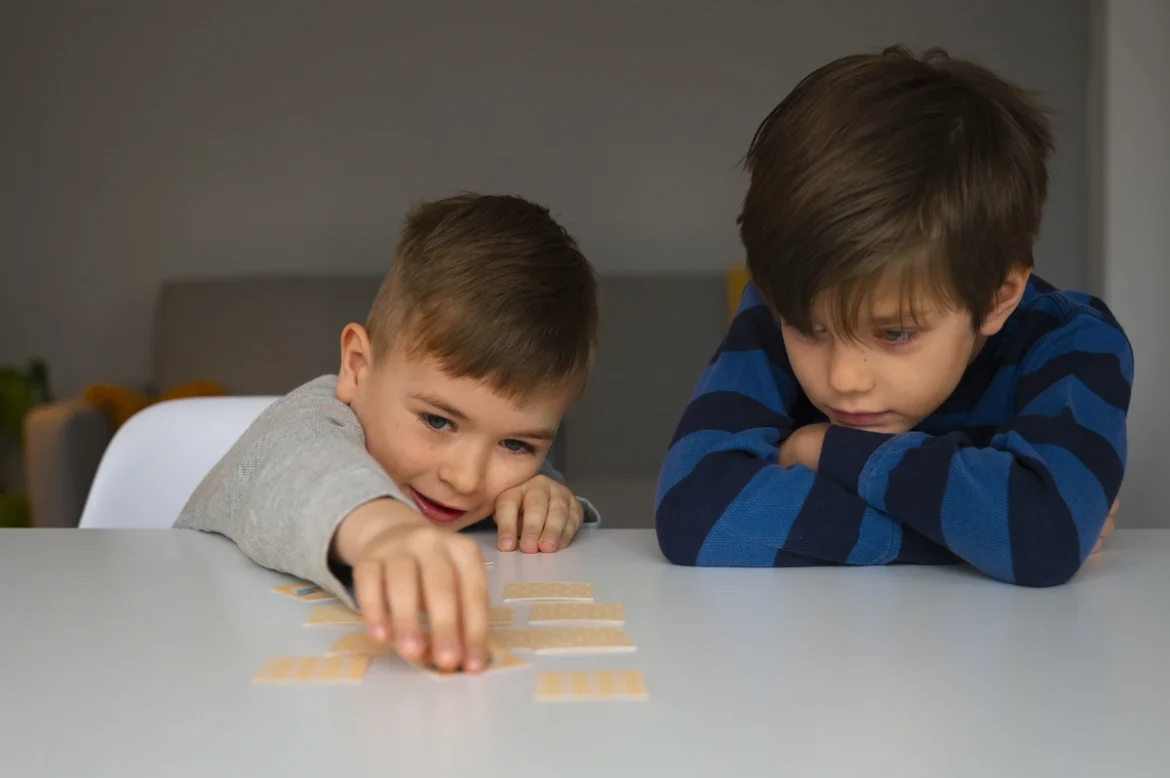Raising children is a profoundly rewarding yet sometimes daunting experience. It’s a delicate balance between providing love and care while avoiding excessive indulgence, which can lead to the spoiling of a child.
Unpacking the Root Causes of Spoiled Behavior
Understanding what contributes to a child becoming spoiled is the first step in addressing this issue. Overindulgence, lack of boundaries, and societal influences can pave the way for the development of a sense of entitlement, potentially resulting in challenging behaviors.
Managing Tantrums and Outbursts
Spoiled children often resort to frequent tantrums and outbursts when their desires aren’t met. This behavior can be challenging for parents to manage, but it’s an opportunity for parents to guide their children in understanding and managing their emotions. Teaching children healthier ways to express themselves, such as using words, and providing them with tools for coping with frustration can make a significant difference.
Cultivating a Gratitude Attitude
One common trait among spoiled children is their lack of gratitude. They may take what they have for granted and fail to express thanks for the efforts made by their parents or others to provide for them. Parents can help rectify this by modeling gratitude themselves, explaining the importance of appreciating what they have, and acknowledging the efforts of others. Encouraging non-material expressions of love and affection can also be a helpful practice.
The Challenge of Socialization
Spoiled children often face difficulties in forming and sustaining friendships. Their entitlement and lack of practice in sharing and compromising make it challenging for them to relate to their peers. This struggle to grasp the concept of give-and-take in relationships can lead to conflicts and a lack of empathy. To address this issue, parents can focus on teaching effective communication and empathy, encourage participation in group activities, model healthy relationships, and limit the use of material rewards.
Undoing Entitlement Across All Fronts
Spoiled children tend to have a strong sense of entitlement, believing they deserve special treatment from both parents and others. To address this, parents can teach their children to consider the feelings and needs of others, fostering empathy that helps children understand that everyone’s needs and desires are important, not just their own. Setting clear boundaries and expectations regarding what a child is entitled to is also crucial, making it clear that privileges are earned through responsible behavior, not through disrespect and tantrums.
Prioritizing Experiences Over Possessions
Material possessions often take precedence in the minds of spoiled children, overshadowing the value of experiences and relationships. Parents can guide their children by helping them understand that life’s most cherished moments come from experiences and meaningful connections. Spending quality time with your child and demonstrating the significance of these connections can be enlightening. Reducing screen time, especially on social media and exposure to advertising, can help shift focus away from materialism.
Nurturing Independence and Self-Sufficiency
Spoiled children may struggle with basic life skills and self-sufficiency since they are accustomed to having everything done for them. Parents can rectify this by assigning age-appropriate tasks that require children to take responsibility for themselves, such as chores, personal hygiene, and schoolwork. Providing children with the freedom to make choices within reasonable boundaries can help them develop a sense of independence and responsibility.
In a world where parenting can be both rewarding and challenging, addressing the issue of spoiled children involves understanding the root causes and implementing strategies that promote gratitude, empathy, social skills, and independence.


